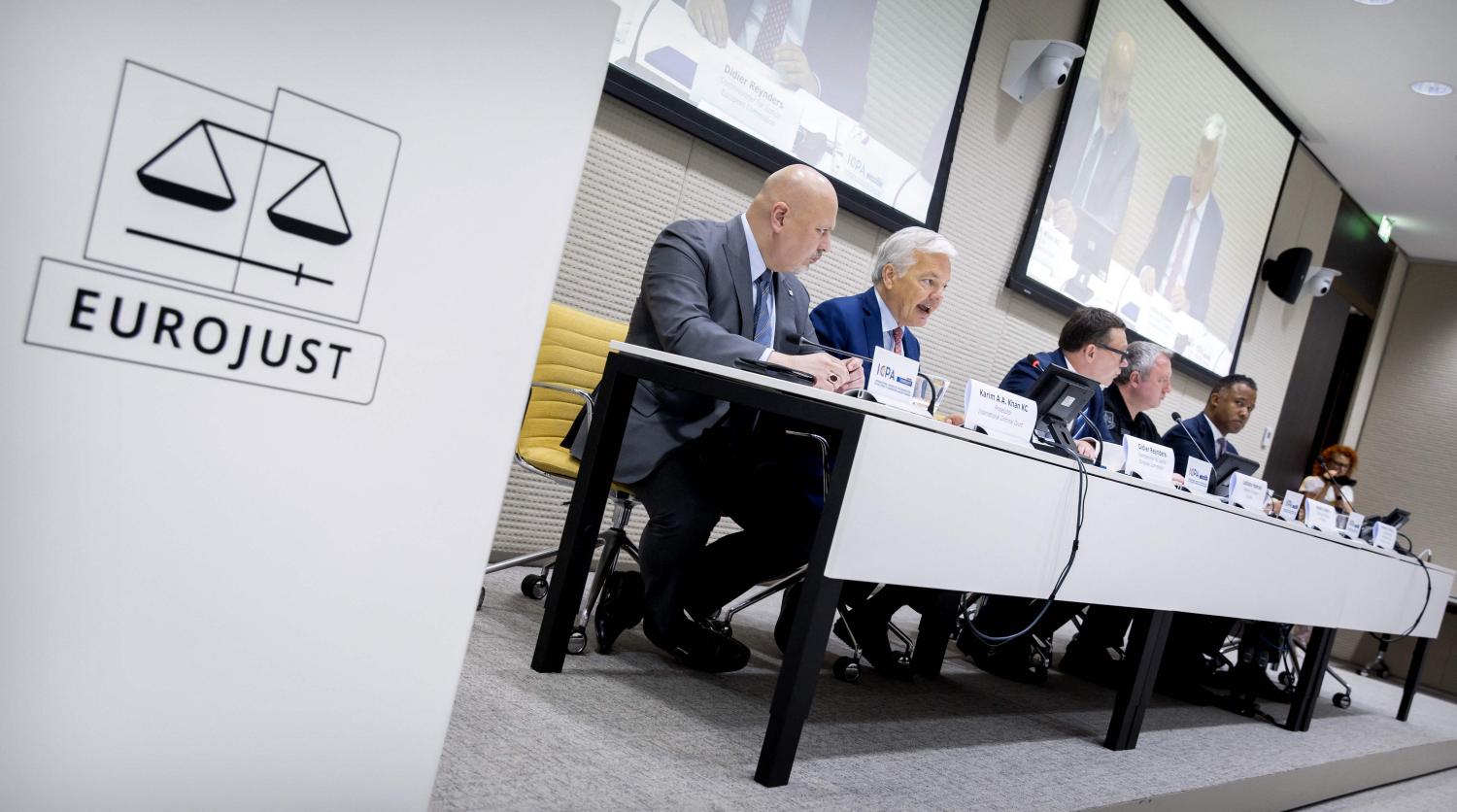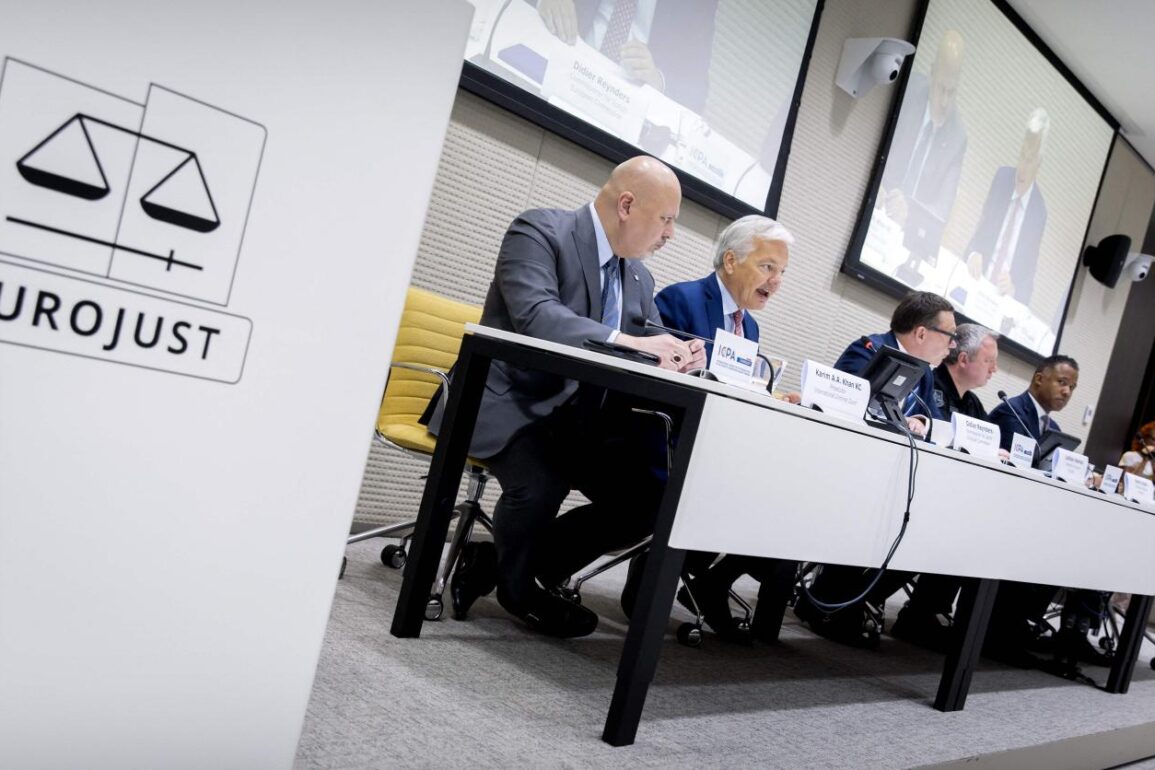
Debates are going on as to whether Thailand should ratify and become a party to the 1998 Rome Statute of the International Criminal Court (ICC), which Thailand signed on Oct 2, 2000. It has also been suggested that Thailand make a declaration accepting the ICC’s jurisdiction over incidents in the past involving serious crimes of a massive scale by Thais against Thais on Thai soil in which justice for the victims has been elusive under the Thai legal system. These actions concerning the ICC need approval by the National Assembly, comprising both the House of Representatives and the Senate.
Based in The Hague, Netherlands, the ICC is the first and only permanent international court with jurisdiction over genocide, crimes against humanity and war crimes committed by fighting parties during an international war or an armed conflict within a country.
A party to the ICC Statute has the option not to accept the ICC’s jurisdiction over the crime of aggression, or invading another country, which, “by its character, gravity and scale, constitutes a manifest violation of the UN Charter”.
Once the ICC Statute becomes binding on a country, the ICC may exercise its jurisdiction over such crimes committed in the territory or by a national of that country if the competent national authorities are “unable or unwilling genuinely to carry out the investigation or prosecution”. Due to the ICC’s limited resources, a case must also be “of sufficient gravity” to justify further action by the ICC.
The ICC Statute, in force since July 1, 2002, presently has 123 parties, only 19 of which are from Asia-Pacific, with Cambodia, which suffered atrocities by the Khmer Rouge, as the only one from Asean. Unlike Europe, Africa and the Americas, this region does not even have a regional human rights court; hence, general reluctance to accept the ICC’s overarching jurisdiction that encroaches on national sovereignty. Besides, several Asian nations do not want armed insurgencies and counter-insurgencies within their borders to be scrutinised by the ICC. For certain conservative Muslim-majority countries, they cannot accept the Statute’s outlawing some of their religious, cultural or traditional practices and strict application of Sharia law.
A major concern for Thai authorities is Article 27 of the ICC Statute, stipulating that “official capacity as a Head of State shall in no case exempt a person from criminal responsibility under this Statute, nor shall it, in and of itself, constitute a ground for reduction of sentence”. The rationale behind Article 27 is that, otherwise, Hitler, Mussolini, Saddam Hussein and their ilk would have got away with their heinous crimes. Countries with a constitutional monarchy which have become parties to the ICC Statute consider it most unlikely, as a matter of fact, for modern-day constitutional monarchs to be accused of crimes punishable by the ICC. Can the National Assembly be convinced to share this view despite the Thai constitution’s unequivocal prohibition of any person from “exposing HM the King to any sort of accusation or action”?
HM the King of Thailand also holds the position of Head of the Thai Armed Forces and has the Royal Prerogative to declare war with the approval of the National Assembly. Therefore, the Thai delegation to the Preparatory Commission for the ICC, which met from 1999 to 2002 to elaborate on the elements of crimes under the ICC Statute and the definition of the crime of aggression, tried its utmost to exclude the criminal liability of Heads of State who have no role in the invasion of another country except for appending signatures to declarations of war as required by their respective constitutions.
The joint proposal by Thailand, Belgium, Cambodia and Sierra Leone, dated July 8, 2002, was accepted by the Preparatory Commission and has been incorporated in Article 8 of the ICC Statute as amended in 2010. Aggression means the planning, preparation, initiation or execution by “a person in a position effectively to exercise control over or to direct the political or military action of a State”, of an act of aggression. If the National Assembly is still not satisfied with this safeguard, Thailand has the option not to accept the ICC’s jurisdiction over aggression.
A unilateral declaration accepting the ICC’s jurisdiction is possible for a non-party to the Statute. Such acceptance must be “with respect to the crime in question” and may be retroactive to any date not before July 1, 2002, when the ICC Statute entered into force. Although certain incidents in the past amounting to crimes against humanity could be the main focus of the ICC’s action, Thailand would have to declare its acceptance of the ICC’s jurisdiction over “crimes against humanity”, and not merely over the said incidents. This means the ICC would have jurisdiction over any crime against humanity committed anywhere in Thailand or by any Thai as of the date specified in the declaration of acceptance.
The ICC would thus be able to investigate and prosecute the following crimes against humanity alleged by some people to have occurred in the Land of Smiles. Crimes against humanity take in imprisonment or other severe deprivation of physical liberty, persecution against any identifiable group or collectivity on political, racial, national, ethnic, cultural, religious, gender, enforced disappearance of persons and other inhumane acts of a similar character intentionally causing great suffering, or serious injury to body or to mental or physical health.
The ICC is a powerful mechanism against impunity for serious crimes of international concern where domestic criminal justice has failed. It is hoped that the foregoing explanation will be useful to Thais entrusted with making an informed decision concerning the ICC.
This post was originally published on this site be sure to check out more of their content.









